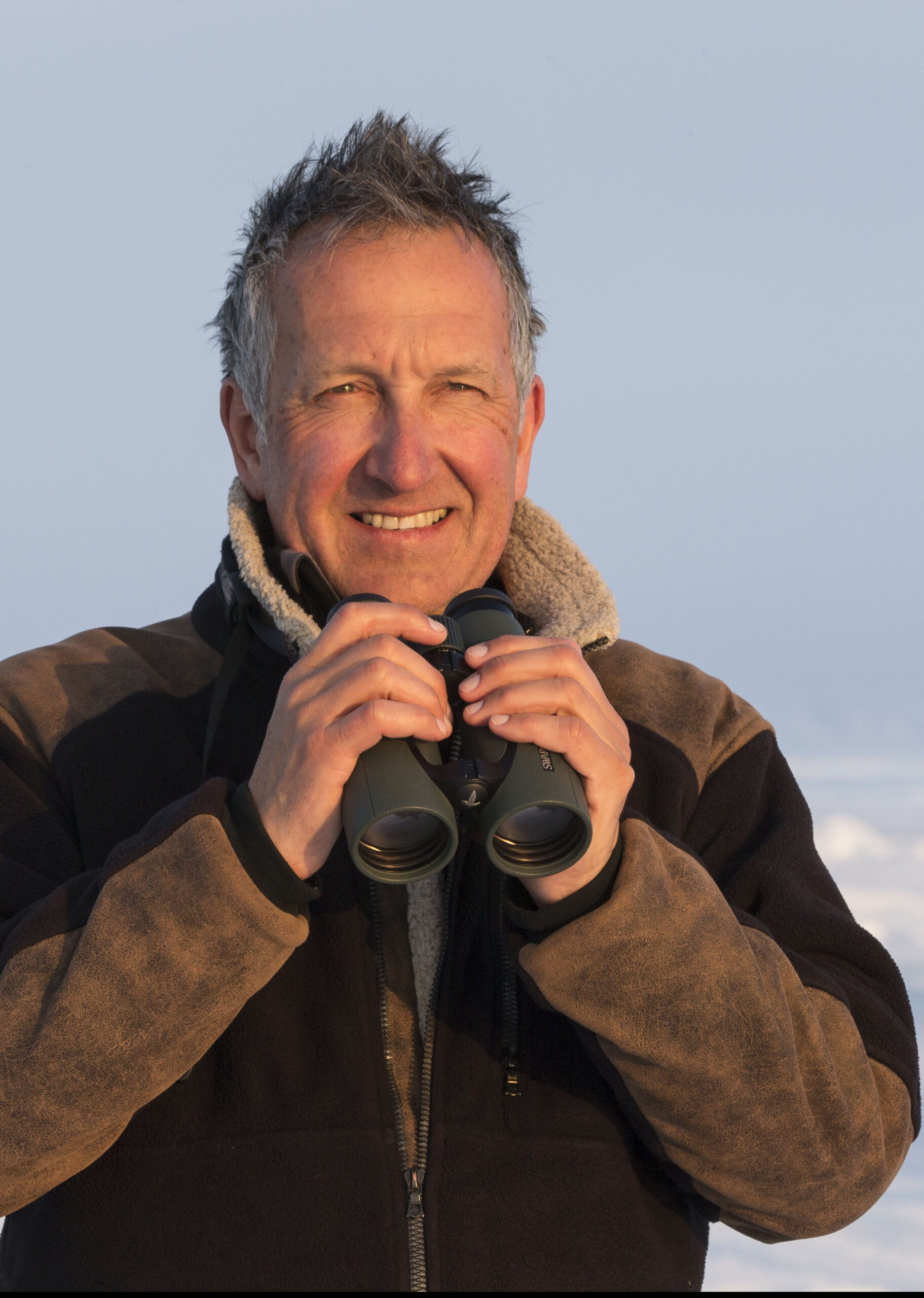Here we go again. We were on the verge of celebrating a permanent end to the horrors of Iceland’s past – it looked as if it had hung up its harpoons for good – but our cautious optimism was premature.
A few months ago, the country’s most obstinate whaler, Kristján Loftsson, suddenly announced that he would resume whaling on 10th June this year, after a four-year lull. His quota? A shocking 161 fin whales. It’s devastating news for the planet’s second largest animal, which is still recovering from the ravages of more than one and a half centuries of commercial whaling. At least 915,000 fin whales have been killed worldwide – and they are still considered ‘vulnerable’ on the IUCN Red List.
Iceland is one of three countries continuing to make a mockery of the International Whaling Commission’s 1986 moratorium on commercial whaling (the others are Norway and Japan). It stormed out of the IWC in 1992, then rejoined 10 years later (but this time, disgracefully, it was allowed to take out an official ‘reservation’ against the whaling ban).
It promptly resumed commercial whaling in 2003 and, in the years since, has killed no fewer than 852 fin whales (which, in theory, have been protected in the North Atlantic since 1987) and 653 minke whales – under its own self-allocated quotas.
lceland resumed commercial whaling in 2003 and, in the years since, has killed 852 fin whales
Despite the doom and gloom, we may yet be a step closer to a permanent end to Icelandic whaling. Icelanders are progressively changing their minds – in favour of whales. A recent poll by the International Fund for Animal Welfare found that 35 per cent of them are opposed to fin whaling (compared to 17.1 per cent in 2013) and 33.2 per cent are in favour (compared to 56.9 per cent in 2013). That’s definitely a step in the right direction. More importantly, a staggering 64.3 per cent of Icelanders feel that whaling is bad for the country’s reputation.
Political support for whaling also appears to be waning. Fisheries Minister Svandís Svavarsdóttir has hinted that Iceland will not issue any more whaling licences when the current five-year quota expires after the 2023 summer season. She points to the lack of any economic justification for the killing to continue (at last – it’s been loss-making for many years).
Icelanders are changing their minds – in favour of whales
Iceland’s Prime Minister, Katrín Jakobsdóttir, also expressed her concerns in an interview with the Icelandic newspaper, Stundin: “I have grave doubts that whaling off the Icelandic coast can be considered sustainable from an environmental, social and economic perspective. I also doubt that the hunting methods meet the requirements we have for animal welfare.”
I’ve been campaigning against whaling in Iceland for most of my adult life and have always believed that whale watching would be the long-term solution.

I remember in 1991, together with three friends, chartering a 135-tonne lobster fishing boat for a week, to take a group of adventurous and spirited whale-watchers from the UK to watch whales off the spectacular south-east coast. It was Iceland’s first commercial whale-watching trip and the whole point was to demonstrate that there was an economic alternative to whaling. At the time, most Icelanders believed we were completely bonkers – and we were mocked mercilessly in the Icelandic press.
But it made the point and, subsequently, many others have picked up the baton. Nowadays, whale-watching is booming – no fewer than 364,000 people visited the land of ice and fire to watch whales in 2019 alone. Iceland’s whales are categorically worth more alive than dead.
But it’s taken more than 30 years to get this far. If there’s one thing I’ve learnt, you have to be unbelievably persistent, resolved – and patient – to be a conservationist.
Main image: an Icelandic whaling ship transports a fin whale to a processing plant in June 2022. © Halldor Kolbeins/AFP/Getty
